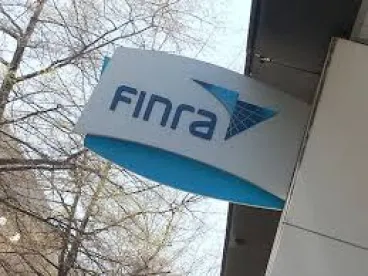On November 14, the Financial Industry Regulatory Authority (FINRA) issued a notice asking for comment (by December 15) on its proposal to establish three rules designed to restrict pay-to-play practices. The three rules include a pay-to-play prohibition (Rule 2390), a disclosure requirement (Rule 2271), and a recordkeeping requirement (Rule 4580). The rules largely track the pay-to-play rule of the industry’s federal regulator, the Securities and Exchange Commission (SEC).
If the SEC already has a rule, why is FINRA proposing one, and why now? In short, because if it does not adopt a rule that satisfies the SEC, its members may not be allowed to be hired by investment advisers to solicit government business.
A little background is in order. The part of the SEC rule that typically receives the most attention is the rule’s restrictions on providing investment advisory services following a contribution to a government official with responsibility for awarding contracts. However, the SEC also recognized that there could be a pay-to-play concern if an investment adviser were to hire a third-party to solicit government business on its behalf if the third-party solicitor made political contributions to government officials. To address this concern, the SEC provided that only certain persons were allowed to act as third party solicitors, including FINRA member broker-dealers—but only if FINRA were to adopt its own pay-to-play prohibition for its members. The SEC has delayed compliance with this portion of the rule, allowing FINRA time to adopt a pay-to-play prohibition. Which FINRA is now seeking to do.
Like the SEC rule, FINRA’s pay-to-play prohibition would impose a two-year “time out” on compensated services following a non-de minimis political contribution by a “covered member” (any member, with some exceptions) and includes a similar prohibition on bundling contributions to candidates and parties. Contributions of up to $350 per official per election (if the contributor is entitled to vote for the candidate) or up to $150 (if not) are considered de minimis and are allowable. Primary and general elections are considered separate elections for the purpose of this rule. FINRA’s rule would also include a “look back” of up to two years, requiring FINRA members to screen the political contributions of new hires.
The penalty provisions in the proposed rule would require a covered member to disgorge compensation if it violates the two-year restriction, potentially in addition to other sanctions.
The other two rules, to summarize, require the covered member to make certain disclosures to the government entities they solicit, and to maintain records that will allow FINRA to verify that covered members are complying with the new pay-to-play and disclosure rules.




 />i
/>i

